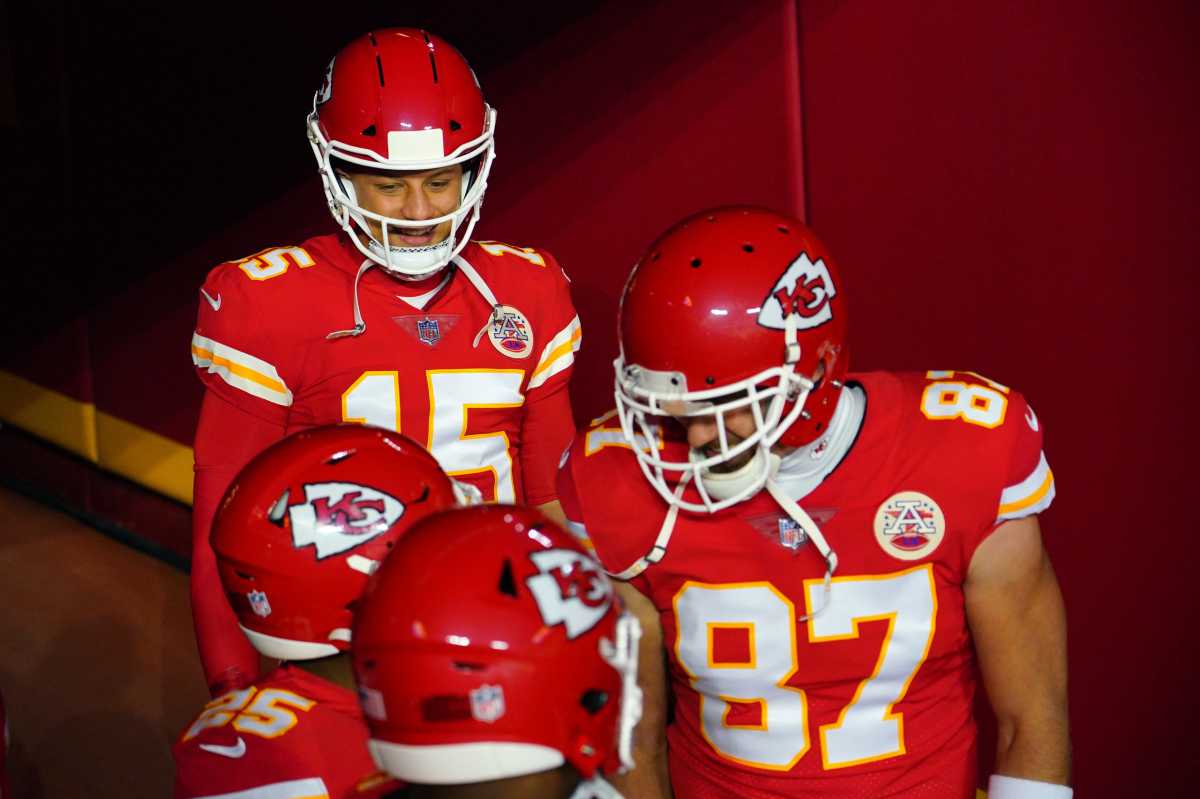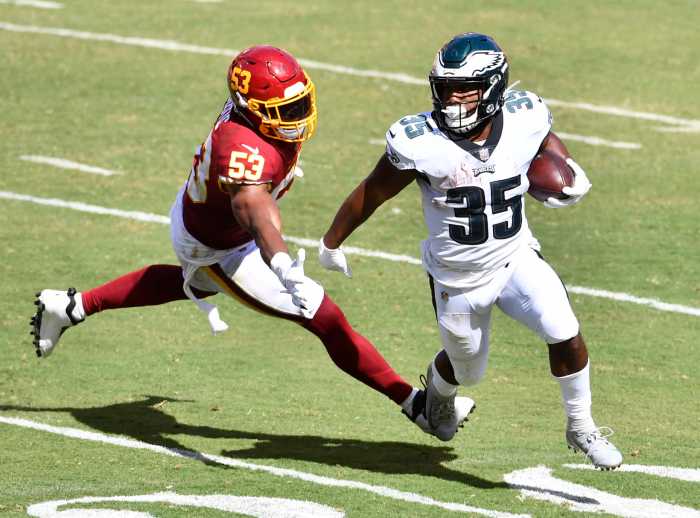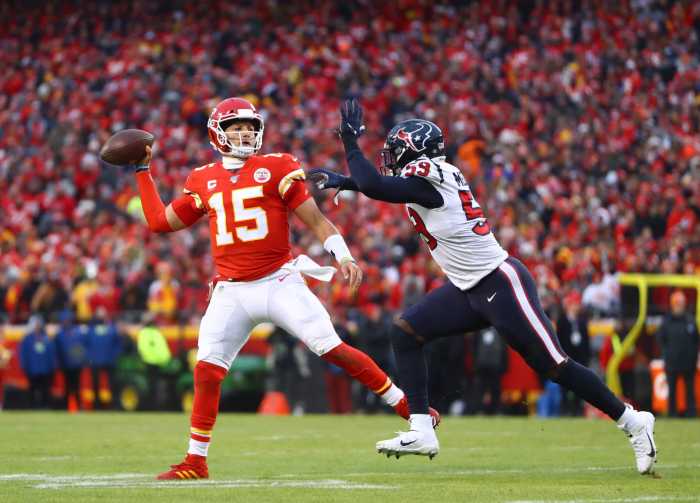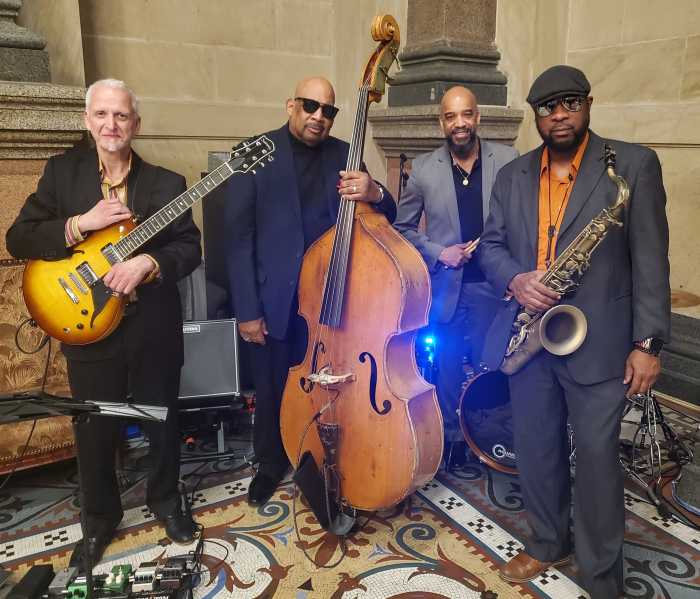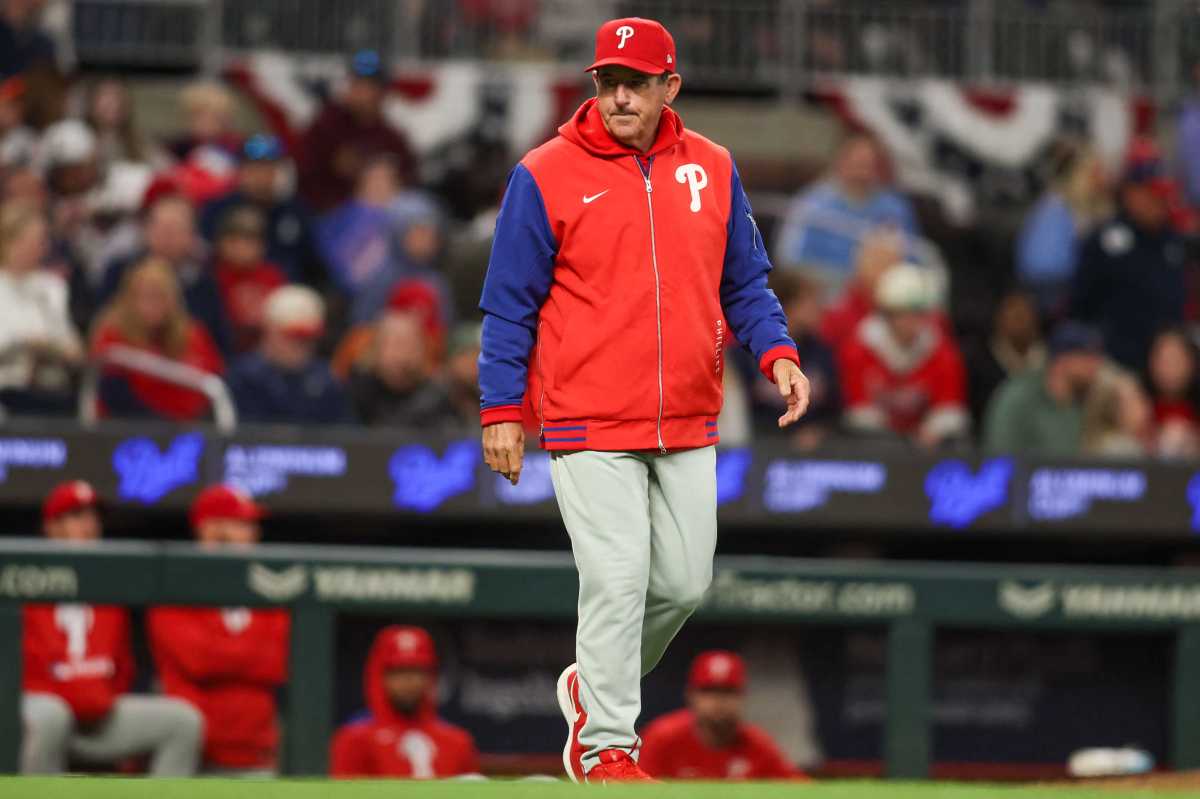The Kansas City Chiefs broke their 50-year Super Bowl drought in February before the NFL embarked on a 2020 like no other year before that saw the league navigate the COVID-19 pandemic amid a public reckoning over its history with athlete activism.
Quarterback Patrick Mahomes led the Chiefs to a 31-20 comeback victory over the San Francisco 49ers in Miami, earning MVP honors followed by a 10-year contract extension in a deal worth a reported $450 million, the biggest in NFL history.
The Chiefs kept the momentum going in the 2020 season, with just one loss through 14 weeks and Mahomes leading the league with 3,815 passing yards, relying on top targets including the NFL’s top-performing tight end Travis Kelce and speedster Tyreek Hill at wide receiver.
But while it has been business as usual for the Chiefs, this year has been anything but that for the NFL, which was forced to carry out its draft in a “virtual” format for the first time before canceling the pre-season due to the COVID-19 pandemic.
“The NFL in 2020 will not look like other years,” Commissioner Roger Goodell wrote in an open letter to fans in July as training camps prepared to start up with health and safety precautions in place, and dozens of players opted out of the season.
Nearly 800,000 COVID-19 tests later, the league saw 187 confirmed positive cases among players and 328 among personnel from Aug. 1 through Dec. 12, as the pandemic forced numerous schedule changes – though no outright cancellations.
Several teams faced disciplinary measures for running afoul of the NFL’s increasingly strict COVID-19 regulations.
Goodell and NFL Chief Medical Officer Allen Sills said the league was unlikely to adopt a “bubble” format for the post-season, as other leagues in North America did this year, with the Super Bowl stage set for Tampa, Florida next February.
“There’s nothing magic about a bubble,” Sills told reporters this month. “It’s all about compliance and the compliance with the things we know avoid risk.”
‘WE WERE WRONG’
The year also ushered in a subtle change in the league’s attitude on athlete activism, amid a public reckoning over racial justice in the United States prompted by the death of George Floyd, a Black man, in police custody in May.
After years of fierce debate with players over kneeling protests during the national anthem, a practice popularized by Colin Kaepernick to draw attention to racial injustice, Goodell issued a rare apology on behalf of the league in June.
“We, the National Football League, admit we were wrong for not listening to NFL players earlier and encourage all to speak out and peacefully protest,” said Goodell. “We, the National Football League, believe Black lives matter.”
Months later, players coast-to-coast kicked off the season with pre-game protests, after a summer that saw the Washington Football Team shed its “Redskins” name after 87 years and decades of outcry from Native American advocates.
After pledging in January to diversify the league’s largely homogenous coaching ranks, Goodell in November unveiled a plan by which teams that develop minority employees who are later picked up by another club as head coach or primary football executive receive third-round picks in two drafts.
“We as an institution, when we look ourselves in the mirror, we haven’t done well. And the facts and analytics speak to that,” NFL Executive Vice President Troy Vincent told reporters this month. “This year, this pandemic has caused us to pause and really look at racial inequalities.”



